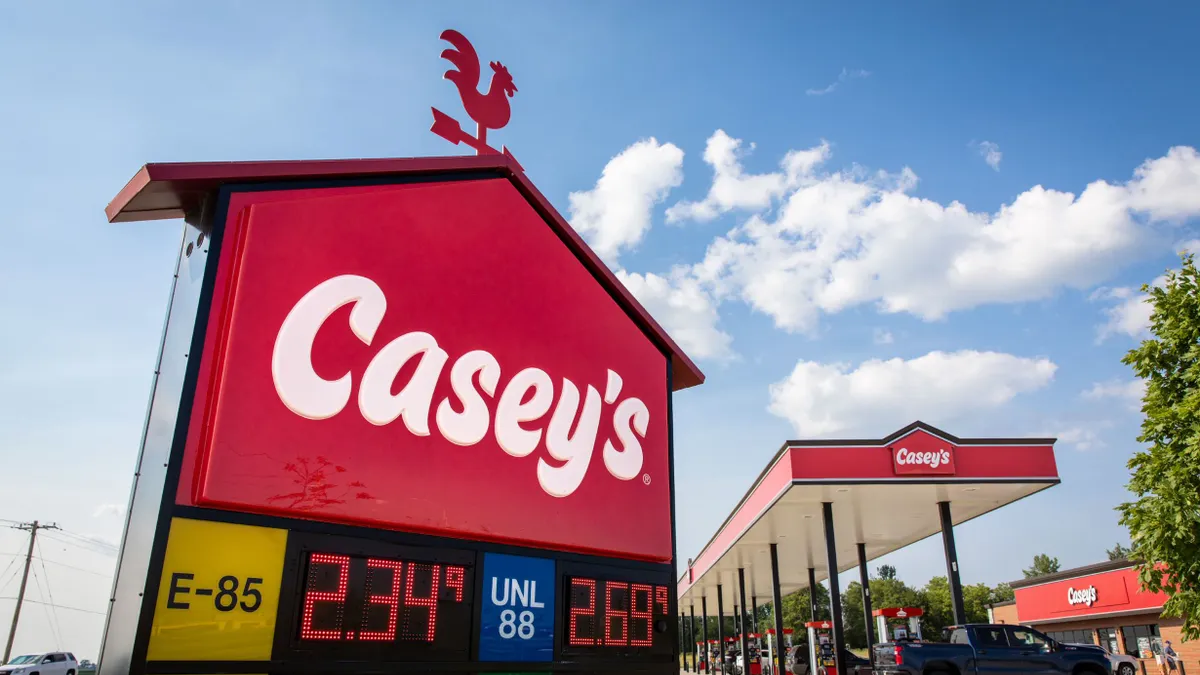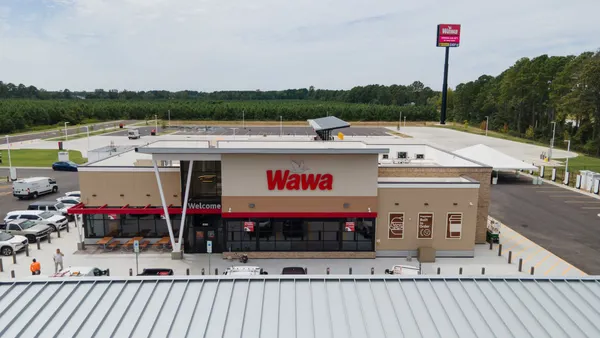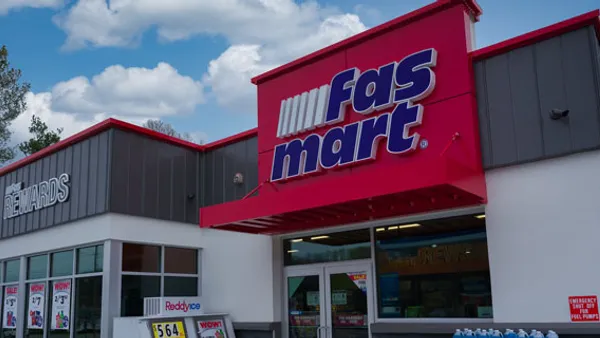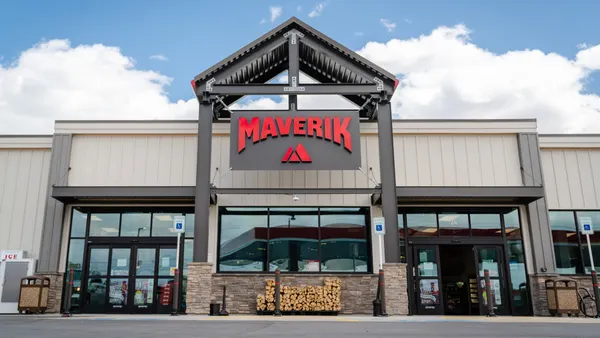Dive Brief:
- Wawa has all but lost its $10.7 million lawsuit against Mastercard accusing the payments company of breach of contract, among other charges, in the wake of Wawa’s 2019 data breach, according to a filing with the United States District Court of the Southern District of New York.
- Four of Wawa’s five claims against Mastercard were thrown out “without prejudice,” meaning Wawa has until Oct. 23 to refile any claims, court documents show. The fifth claim — that Mastercard used “unfair or deceptive acts or practices in or [affecting] commerce” — was dismissed and cannot be brought back to court.
- The lawsuit stems from the malware attack on Wawa’s credit card system that hit about 34 million payment cards used across all its stores between April and December 2019.
Dive Insight:
When the breach occurred, Mastercard issued a reimbursement assessment against Bank of America — Wawa’s bank — for over $17.8 million. After a back-and-forth between the two companies, the assessment was lowered to around $10.7 million.
Besides the claim that Mastercard acted unjustly and deceptively, Wawa’s latest suit accuses the payments company of breach of contract and breach of implied covenant of good faith and fair dealing. It also accuses Mastercard of “unjust enrichment.”
According to court documents, Wawa's five claims amount to a separate breach of contract claim, and Mastercard’s argument to dismiss Wawa’s accusations is “procedurally proper.” The ruling to grant Mastercard’s argument was signed by Judge Nelson Roman on Sept. 20.
In April 2022, Wawa agreed to a $12 million settlement for the millions of customers who were impacted by the breach. Three months later, it agreed to an $8 million settlement split between Pennsylvania, New Jersey, Florida, Delaware, Maryland, Virginia and Washington, D.C.
Earlier this year, Wawa also agreed to pay up to $28.5 million to settle negligence claims stemming from the data breach.
Wawa operates more than 1,000 stores across Pennsylvania, New Jersey, Delaware, Maryland, Virginia, Florida and Washington, D.C. The retailer currently has plans to increase its footprint from seven to 14 states and surpass 1,800 locations by 2030.











